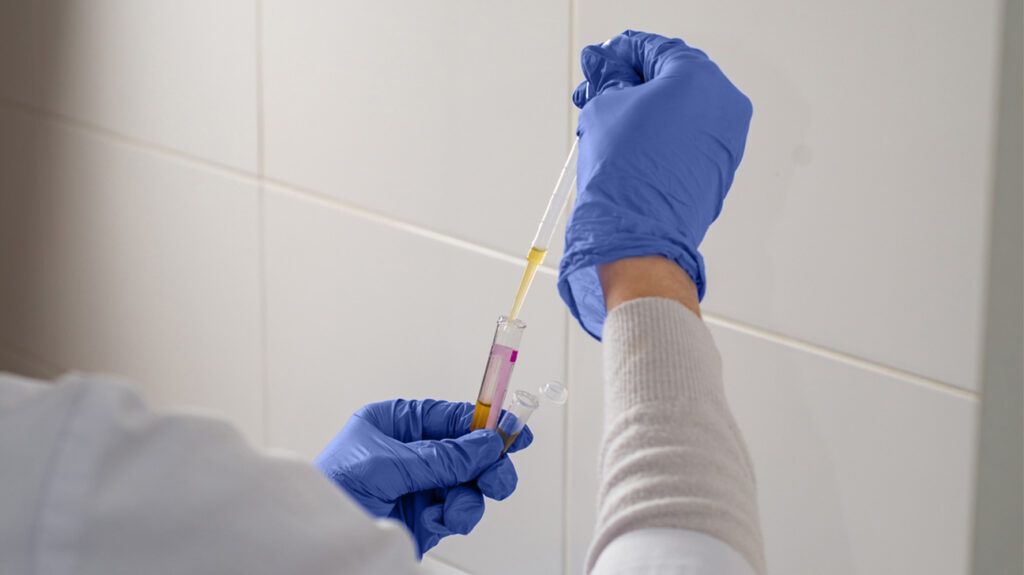Impact of Gender-Minority Stress and Resilience on Alcohol Use in Young Transgender Adults

A new study reveals how gender-minority stress and resilience influence alcohol use among young transgender adults, highlighting the need for targeted interventions to reduce health risks.
A recent study highlights the significant connection between gender-minority stress and alcohol consumption among young transgender and gender-diverse (TGD) individuals. Those whose gender identity differs from their sex assigned at birth tend to use alcohol more frequently and engage in hazardous drinking behaviors compared to their cisgender and heterosexual peers. This elevated alcohol use poses risks such as negative academic, social consequences, victimization, and developing alcohol use disorder (AUD). The gender minority stress and resilience model (GMSRM) explains that external stressors like discrimination and internal factors such as internalized transphobia can lead to adverse health and behavioral outcomes, including increased alcohol consumption.
In this innovative research, 40 Canadian TGD young adults aged 18-29 participated in a 21-day ecological momentary assessment (EMA) study. Participants initially completed a two-hour baseline interview about their substance use. Throughout the study period, they provided daily reports via smartphone on their alcohol use, experiences of gender-minority stress (e.g., harassment, rejection), resilience factors (e.g., community belonging), negative emotions, and alcohol-related harms. Additionally, they responded to twice-daily surveys on negative affect, craving, and drinking motives.
Findings revealed that on days characterized by higher gender-minority stress, participants drank more, though harms did not increase immediately. Those experiencing greater gender stress also reported higher levels of psychological distress, negative affect, and drinking to cope. Interestingly, resilience factors such as community connection were associated with lower overall alcohol use and reduced likelihood of drinking to cope, suggesting a protective effect. However, resilience also correlated with increased drinking motives like social and enhancement reasons, possibly reflecting social contexts like queer spaces where drinking is common.
The study underscores the importance of addressing gender-minority stressors—which are pervasive in the lives of TGD youth—to mitigate risky drinking behaviors. Discriminatory policies and practices need to be dismantled structurally. Further research, improving mobile app technology and exploring broader resilience factors, is necessary to develop targeted interventions aimed at reducing alcohol-related harms in this vulnerable population.
This research emphasizes the role of social support and resilience-building in promoting healthier behaviors among TGD youth, contributing valuable insights into how internal and external stressors influence alcohol use over time.
Source: https://medicalxpress.com/news/2025-07-gender-minority-stress-resilience-linked.html
Stay Updated with Mia's Feed
Get the latest health & wellness insights delivered straight to your inbox.
Related Articles
The Brain-Boosting Benefits of Rosemary: Enhancing Memory, Reducing Anxiety, and Protecting Against Alzheimer’s
Discover the cognitive and health benefits of rosemary, from enhancing memory and reducing anxiety to potential protection against Alzheimer's disease, supported by modern science and traditional use.
FDA Approves Dupixent for Treatment of Bullous Pemphigoid
The FDA has approved Dupixent for adult patients with bullous pemphigoid, offering a new targeted treatment option based on promising clinical trial results that show improved remission and reduced itch.
Measles Outbreak Expands Along Arizona-Utah Border
A major measles outbreak is spreading along the Arizona-Utah border due to low vaccination rates, with dozens of unvaccinated children affected, marking the highest case numbers since the 1990s. Experts stress the importance of immunization to prevent further spread.



